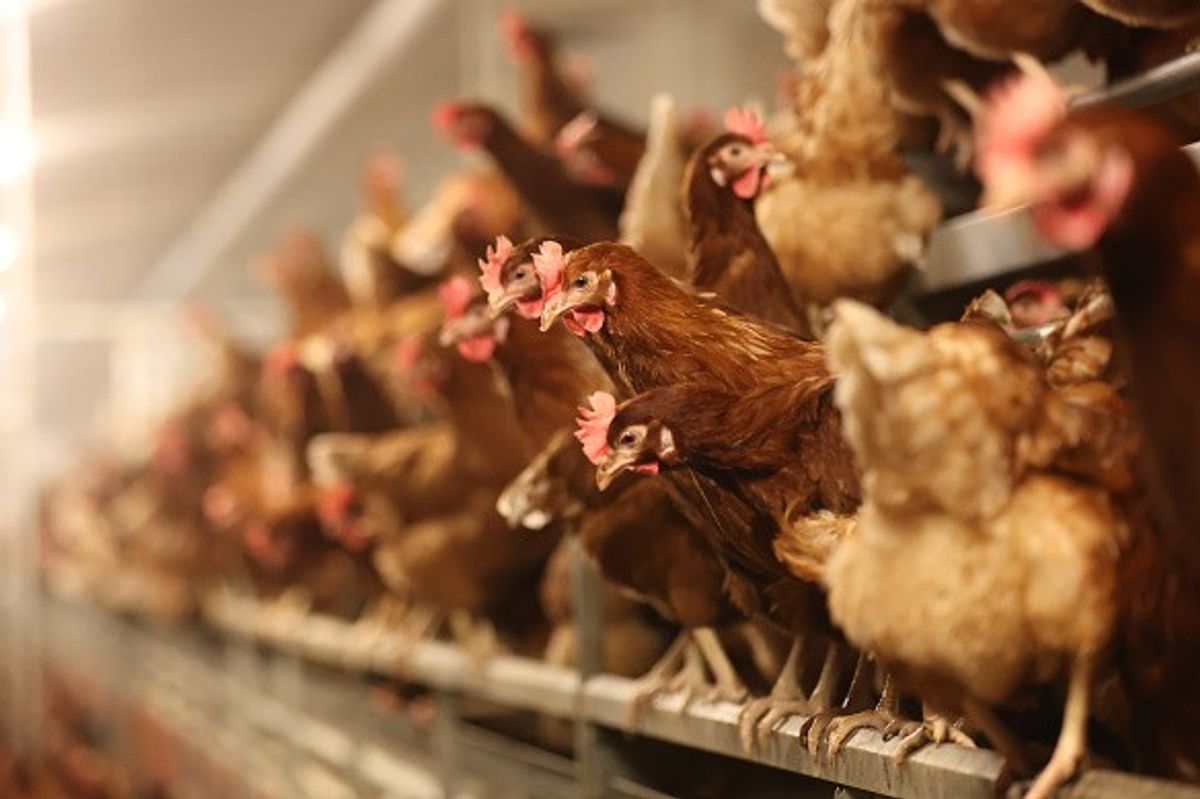An outbreak of bird flu has been confirmed at a poultry farm in East Yorkshire.
The Department for Environment Food and Rural Affairs (Defra) said that highly pathogenic avian influenza (HPAI) H5N5 had been confirmed at the commercial poultry business in Hornsea. The government agency said that all birds on the infected premises would be culled, while a 3km (1.9-mile) protection zone and a 10km surveillance zone had been put in place in the area surrounding the farm, which has not been named.
Defra has urged all the bird keepers to remain vigilant and take action to protect their birds following a further increase in the avian influenza (‘bird flu’) risk levels in Great Britain.
"Whilst there have been no cases of HPAI confirmed in Wales or Scotland during this outbreak. In line with World Organisation for Animal Health (WOAH) rules, Great Britain is no longer free from highly pathogenic avian influenza.
"No cases of HPAI have been confirmed in Northern Ireland this season and Northern Ireland continues to have WOAH self-declared zonal freedom from highly pathogenic avian influenza," Defra stated on Tuesday (5).
It is the second recorded outbreak of the virus in captive birds in Great Britain this year. In February, the H5N1 strain of the virus was found in poultry near Hutton Cranswick, also in East Yorkshire. There have also been six recorded cases in Northern Ireland.
The government department also said bird flu had been detected in wild birds this autumn, and said the risk level in wild birds had been increased from medium to high.
The agency also encouraged members of the public to report findings of dead waterfowl, such as swans, geese or ducks, or other dead wild birds, including gulls or birds of prey. One of the main signs of an outbreak of bird flu is a sudden and rapid increase in numbers of dead birds. Once the virus is established in wild birds it can spread across continents as they migrate.


